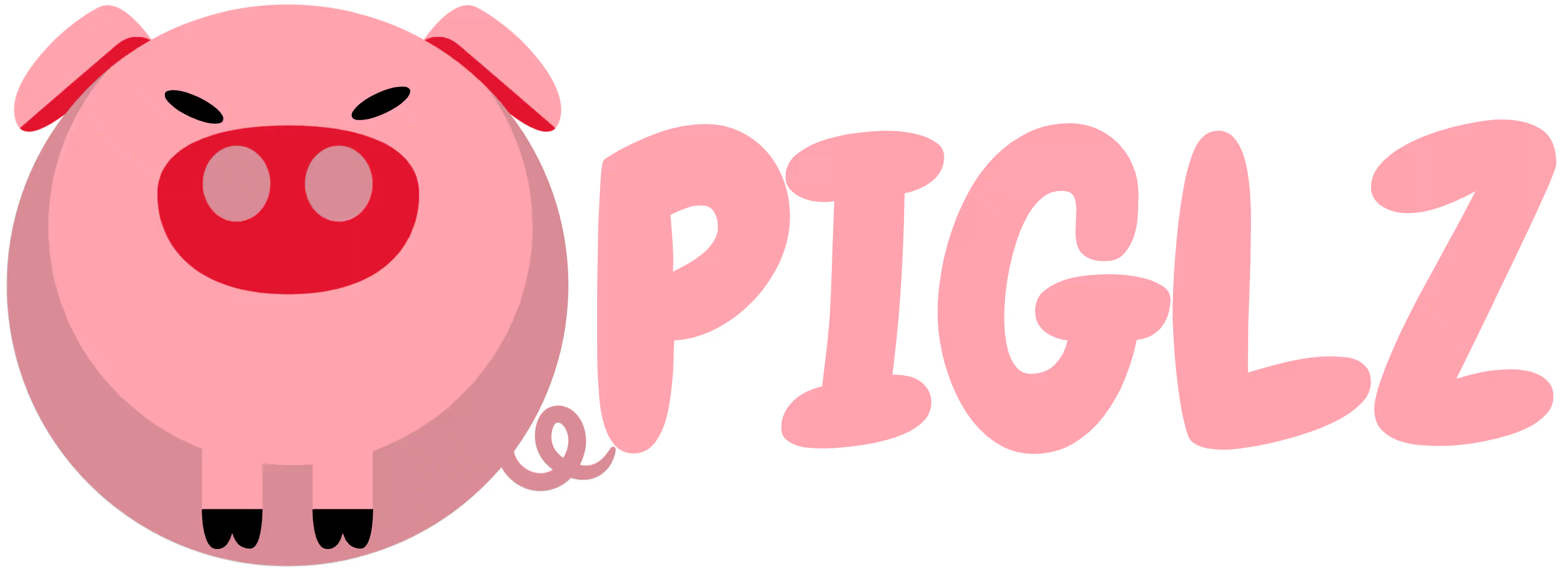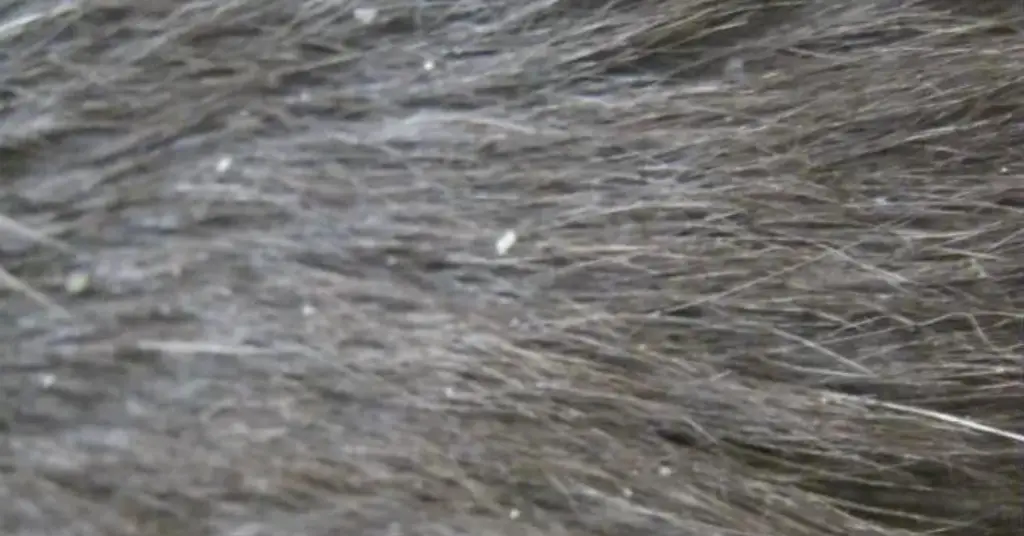If your ferret has dandruff, it’s not a cause for alarm. Dandruff is a common problem in ferrets, and there are a number of possible causes. The good news is that dandruff can usually be treated effectively. In some cases, it may even be possible to prevent dandruff from developing in the first place.
There are a few different things that can cause dandruff in ferrets. Figuring out what it is can be crucial to treating it effectively.

Determining the cause of ferret dandruff so you can treat it properly
Dry weather
Many people don’t realize that dry weather can actually cause dandruff in animals. Just like humans, animals’ skin can become dry and irritated in low humidity conditions.
This can cause the formation of dandruff, which is simply dead skin cells that have flaked off.
In severe cases, dandruff can even lead to hair loss. Fortunately, there are a few things that owners can do to help their furry friends during dry spells.
First, make sure that they have access to plenty of fresh water. Second, consider using a humidifier in their room to help keep their skin moist.
And finally, brush them regularly to help remove any loose skin cells.

Dirty Fur
In ferrets, one of the most common causes of dandruff is dirty fur. When fur becomes matted or caked with dirt, it provides the perfect environment for skin irritations and fungal infections to take hold.
In addition, dirt can block the hair follicles, leading to inflammation and flaking.
Regular grooming is essential for keeping fur clean and free of debris. However, if your pet is already suffering from dandruff, you may need to seek veterinary care to clear up the underlying condition.
Regular baths with medicated ferret shampoo can help to soothe the skin and remove any build-up of dirt and oils.

Illness
There are 2 mail illnesses that can cause dandruff in ferrets:
seborrhea
Seborrhea is a skin condition that affects ferrets and other animals. The condition is characterized by an overproduction of sebum, which can lead to scaling, crusting, and hair loss.
Seborrhea can be caused by a variety of factors, including genetics, diet, and illness. In most cases, the exact cause of seborrhea is unknown.
However, there are a few things that can be done to help manage the condition. These include using medicated shampoos, keeping the ferret’s cage clean, and providing a healthy diet.
Seborrhea is a serious condition that can be difficult to treat, but with proper care and management, it can be controlled. Remember to visit your vet to get all the information you need to help you along the way.
Cheyletiellosis (Cheyletiella spp.)
Cheyletiellosis, also known as walking dandruff, is a condition caused by the Cheyletiella mite.
These mites are parasites that feed on the skin cells of their host, causing intense itching and irritation.
Cheyletiellosis is most commonly seen in ferrets, but can also affect rabbits, dogs, and cats. The symptoms of cheyletiellosis include excessive scratching, hair loss, and the presence of white flakes on the skin.
If left untreated, the mites can spread to humans, causing a similar rash. Cheyletiellosis is typically treated with topical or oral medications that kill the mites.
In severe cases, the affected area may need to be shaved in order to allow the medication to reach the skin. With prompt treatment, cheyletiellosis is not usually harmful to ferrets or other animals.
However, it can be extremely uncomfortable and may lead to secondary infections if not treated promptly.

Allergies
Allergies are a relatively common problem in ferrets, and they can cause a variety of symptoms, including dandruff.
The most common type of allergy is an allergy to dust, which can cause the ferret to scratch excessively, leading to dandruff.
Allergies to food or other substances can also cause dandruff, although this is less common. In some cases, allergies can be treated with medication, but in severe cases, the only way to improve the condition is to remove the allergen from the ferret’s environment.
Fortunately, most allergies can be successfully managed with proper care and attention.

Medications and Procedures
Several medications and procedures can cause dandruff as a side effect.
The most common medications that can cause dandruff are those that contain corticosteroids, such as prednisone.
Corticosteroids are often used to treat a variety of conditions, including allergies and inflammation. However, they can also lead to dry skin and dandruff.
Consult your veterinarian if your ferret is taking any medication that might be causing dandruff. In most cases, the problem can be resolved by switching to a different medication.

Types of treatments for ferret dandruff
There are a number of treatments that can help to control dandruff and keep your ferret’s coat healthy. One of the most effective treatments is regular bathing with an anti-dandruff shampoo.
You can find several of these shampoos online and they are made for ferrets, kittens, etc.
You should also make sure to brush your ferret’s coat regularly to remove any loose skin cells. In addition, you can try using a humidifier in your home to add moisture to the air and help reduce dryness.
For dandruff issues related to medical problems such as mites or allergies, your veterinarian can prescribe medication to help clear up the problem.
In some cases, dandruff may also be caused by poor nutrition. Be sure to feed your ferret a high-quality diet that is rich in omega-3 fatty acids. These nutrients are essential for healthy skin and coat.

Preventing your ferret from getting dandruff in the future
First, make sure to brush your ferret’s fur regularly. This will help to remove any dead skin cells that could build up and cause dandruff.
Second, feed your ferret a healthy diet that includes plenty of omega-3 fatty acids. These nutrients are essential for maintaining healthy skin and fur.
Finally, avoid using harsh shampoos or other products on your ferret’s fur. Instead, opt for a gentle Ferret shampoo that will not strip away the natural oils in your pet’s fur.
Make regular checkups with your vet to keep an eye on your ferret’s health and look for any early signs of problems.
With proper care, you can help to prevent dandruff and keep your ferret’s coat healthy and looking its best.



